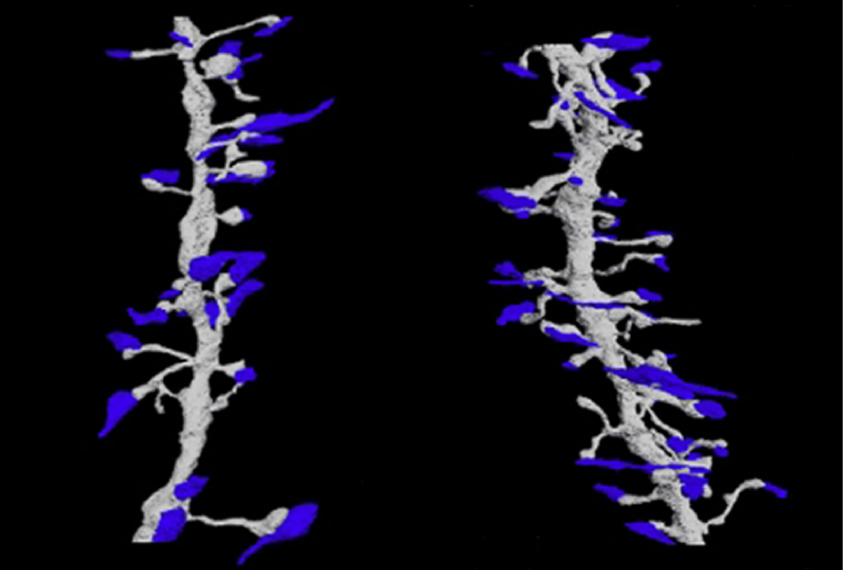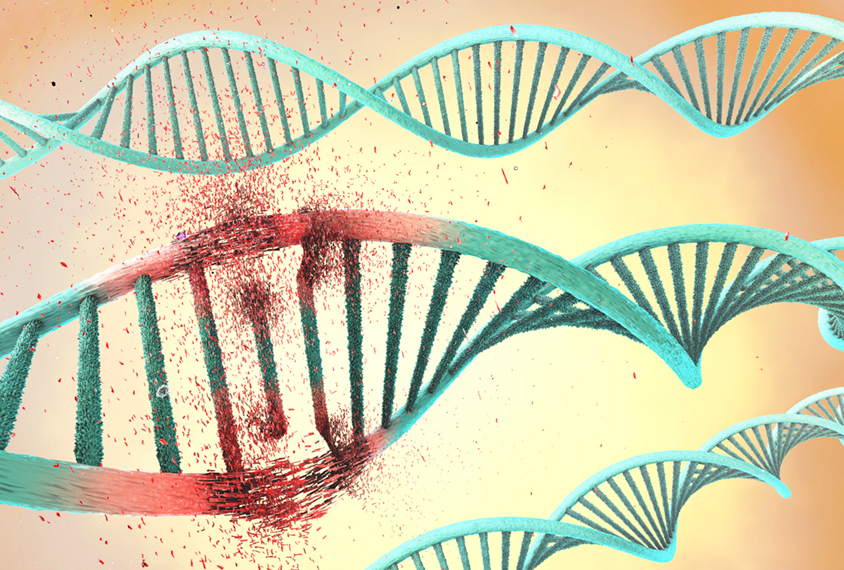Emily Anthes is a freelance science journalist and author based in Brooklyn, New York. She writes news stories for The Transmitter. Her work has also appeared in The New York Times, Wired, Nature and elsewhere. Her book, “Frankenstein’s Cat: Cuddling Up to Biotech’s Brave New Beasts,” was published in March 2013. She has a master’s degree in science writing from the Massachusetts Institute of Technology and a bachelor’s degree in the history of science and medicine from Yale.

Emily Anthes
Contributing Writer
Spectrum
From this contributor
Extra proteins alter microglia and behavior in mice
The overproduction of proteins in brain cells called microglia causes social impairments, cognitive deficits and repetitive behavior in male mice, a new study has found.

Extra proteins alter microglia and behavior in mice
Popular autism screening tool is unreliable, study suggests
A short, widely used screening survey for autism called the AQ-10 may not be reliable for measuring traits of the condition in the general population.

Popular autism screening tool is unreliable, study suggests
Little-known gene tied to autism, developmental delay
Rare mutations in a gene called BAZ2B are associated with various conditions of brain development, including autism.

Little-known gene tied to autism, developmental delay
Sponsors of clinical trials may report data late or never
Many clinical trials, including those related to autism, do not report their results within a year of their completion.

Sponsors of clinical trials may report data late or never
Autism-linked gene variants increase odds of attention deficit
A collection of rare genetic variants associated with autism and schizophrenia also seem to increase a person's odds of having attention deficit hyperactivity disorder.

Autism-linked gene variants increase odds of attention deficit
Explore more from The Transmitter
Neuro’s ark: Spying on the secret sensory world of ticks
Carola Städele, a self-proclaimed “tick magnet,” studies the arachnids’ sensory neurobiology—in other words, how these tiny parasites zero in on their next meal.

Neuro’s ark: Spying on the secret sensory world of ticks
Carola Städele, a self-proclaimed “tick magnet,” studies the arachnids’ sensory neurobiology—in other words, how these tiny parasites zero in on their next meal.
Autism in old age, and more
Here is a roundup of autism-related news and research spotted around the web for the week of 2 March.

Autism in old age, and more
Here is a roundup of autism-related news and research spotted around the web for the week of 2 March.
Lack of reviewers threatens robustness of neuroscience literature
Simple math suggests that small groups of scientists can significantly bias peer review.

Lack of reviewers threatens robustness of neuroscience literature
Simple math suggests that small groups of scientists can significantly bias peer review.